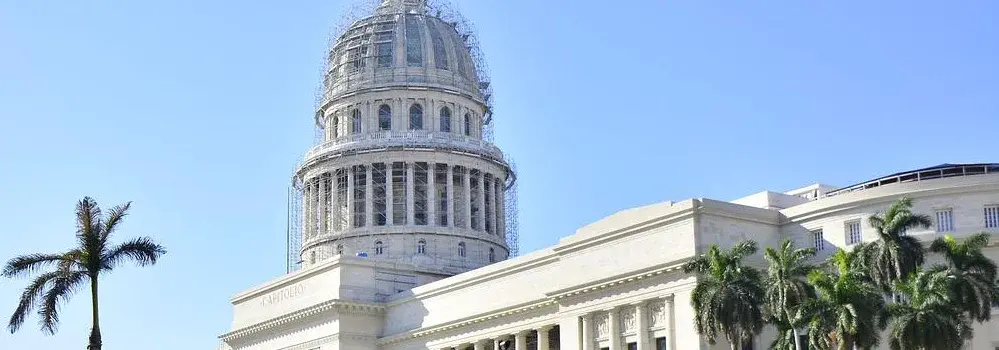Democratic Institutions in the Global South

Research Profile
This project "Democratic Institutions in the Global South" contributes new knowledge on the functioning of democratic institutions in the Global South, their (in)efficacy to constrain powerful executives, and the effects of particular institutions on both democratic quality and regime stability. The focus is on countries with presidential constitutions, i.e., those with directly elected presidents, an institutional choice that extended worldwide in the last decades.
In this project, funded by the Leibniz Programme for Women Professors and conducted in cooperation with GIGA and with the Willy Brandt School of Public Policy, Universität Erfurt, researchers engage with the in-depth, context-bound study of political institutions in their country or region of expertise, while remaining sensitive to similar developments in other regions of the world. The main research questions are:
1. Under what conditions can powerful executives in consolidating democracies be rendered accountable?
2. How do incumbents go about institutional constraints? When are they prone to adhere to existing constitutional rules or instead inclined to bending or changing such rules? Which rules do they tinker with, through which mechanisms, and with which results?
3. Under what conditions do democratic institutions have the power to challenge powerful presidents? How do institutions build capacity to prevent presidential abuses of power? What role do courts and legislatures play as control institutions?
4. What is the impact of troublesome inter-institutional relations on the quality of democracy and democratic survival?
People
-
extraordinary Professor for Democratic Institutions in the Global South (Willy Brandt School of Public Policy)
-
Christel Fliedner
 Secretary to the extraordinary Professor for Democratic Institutions in the Global South (Willy Brandt School of Public Policy)
Secretary to the extraordinary Professor for Democratic Institutions in the Global South (Willy Brandt School of Public Policy) -
-
-




